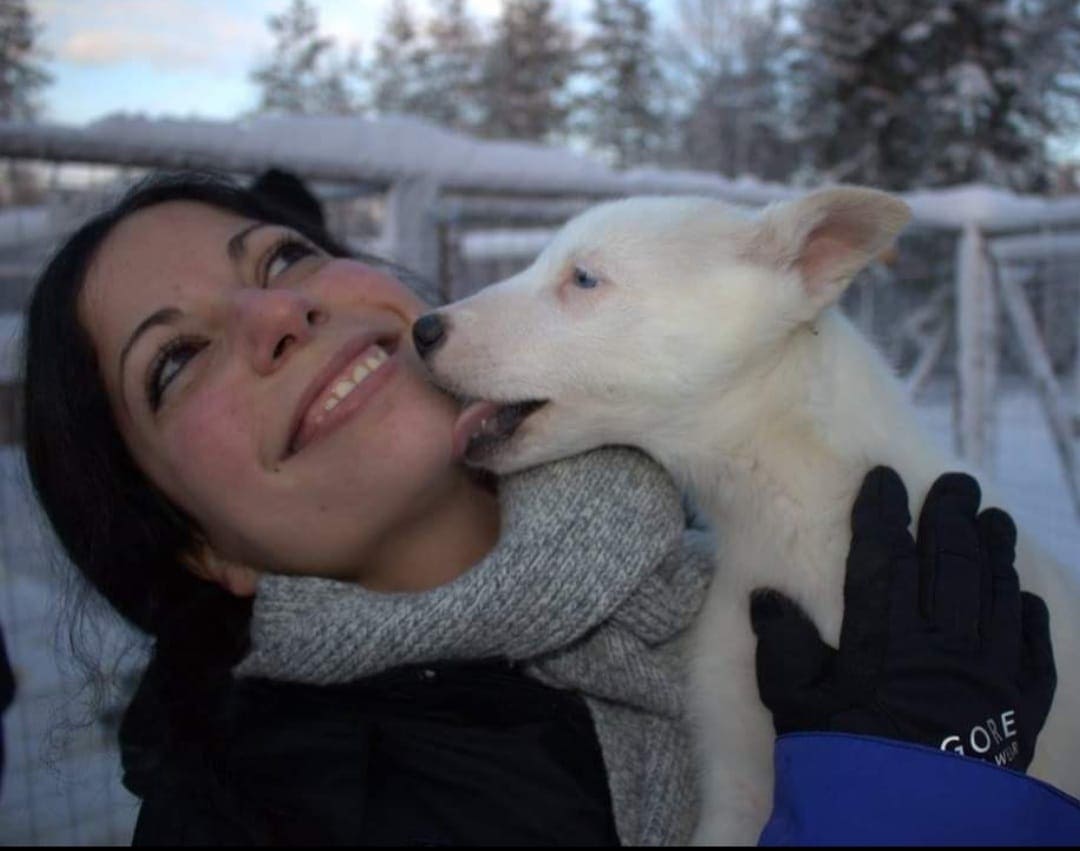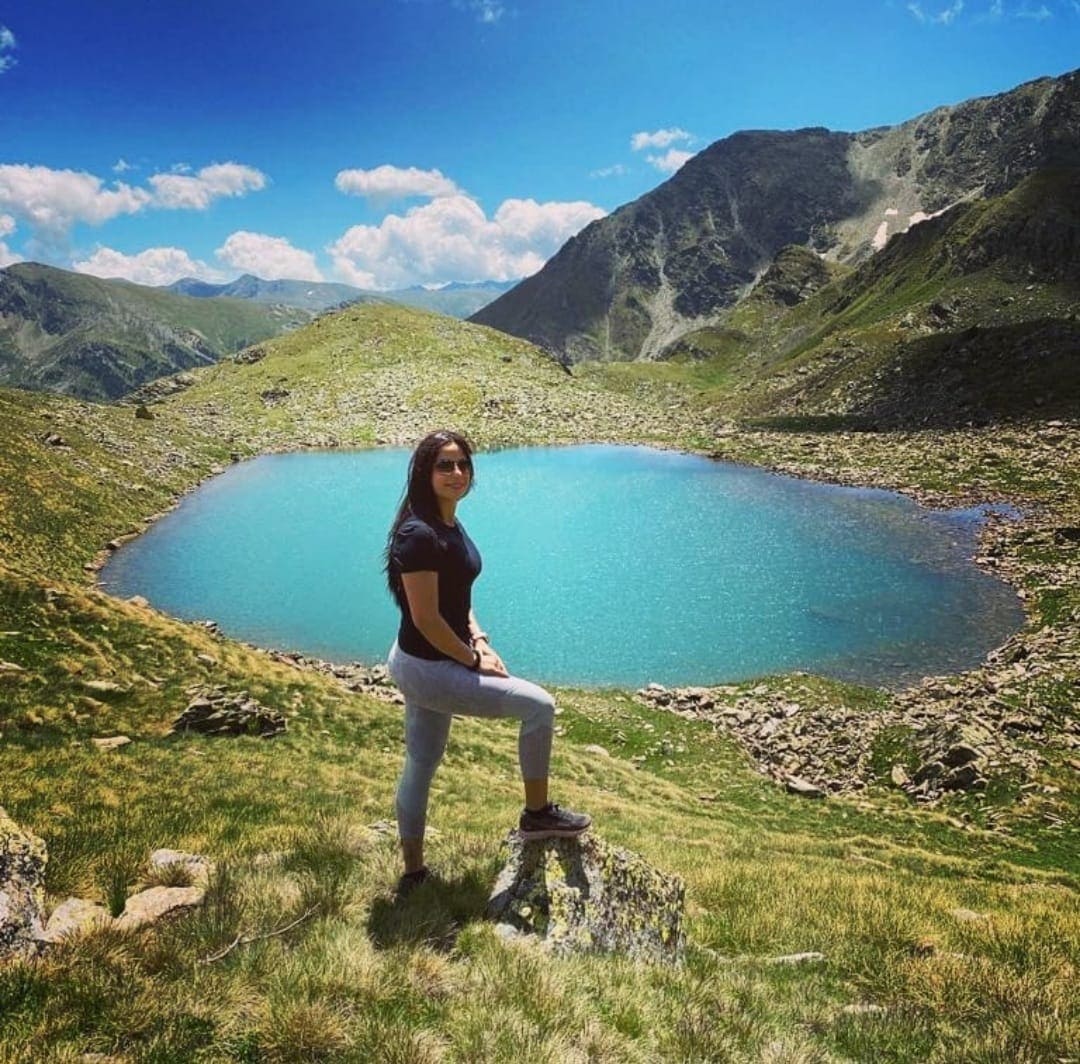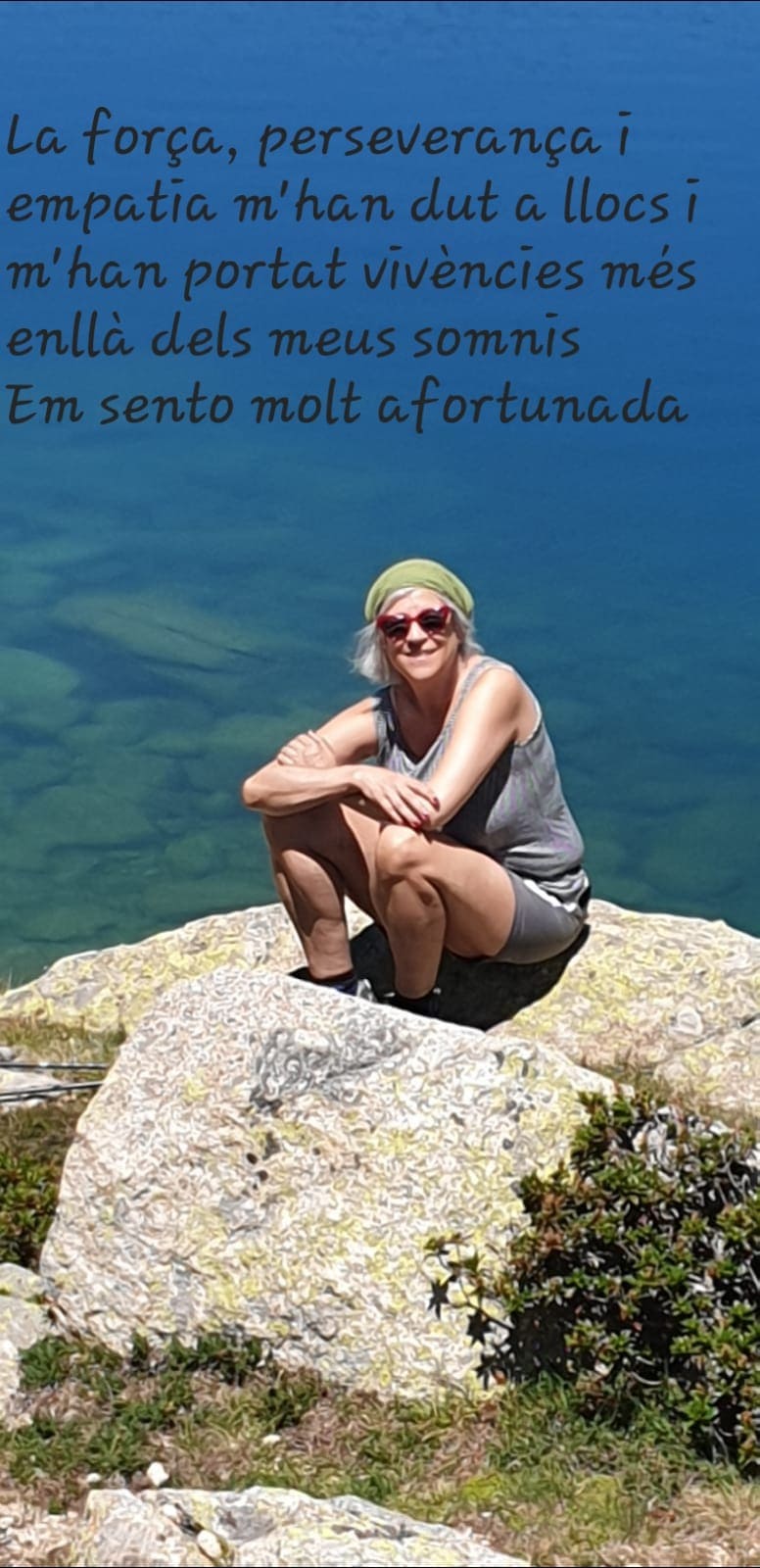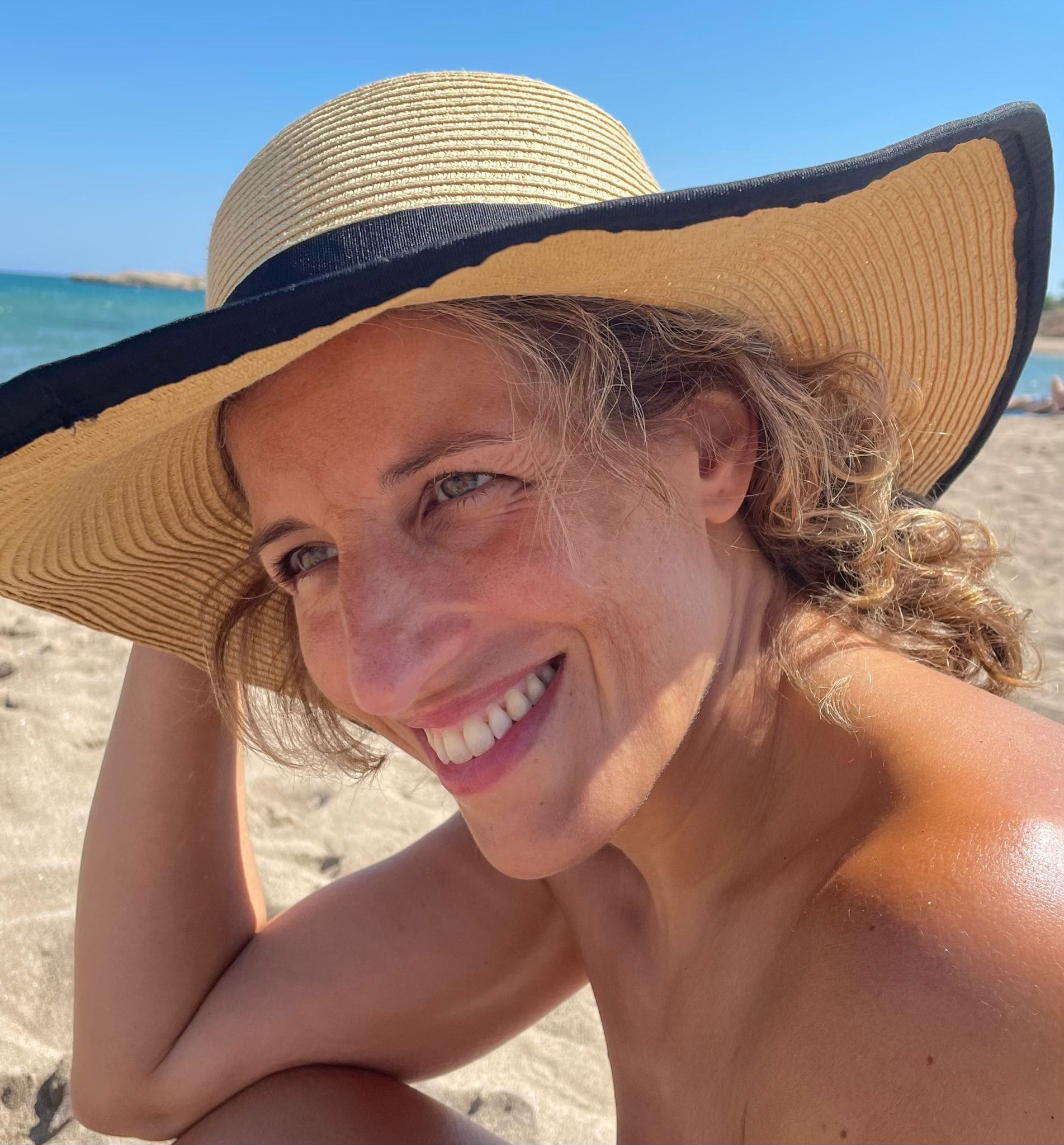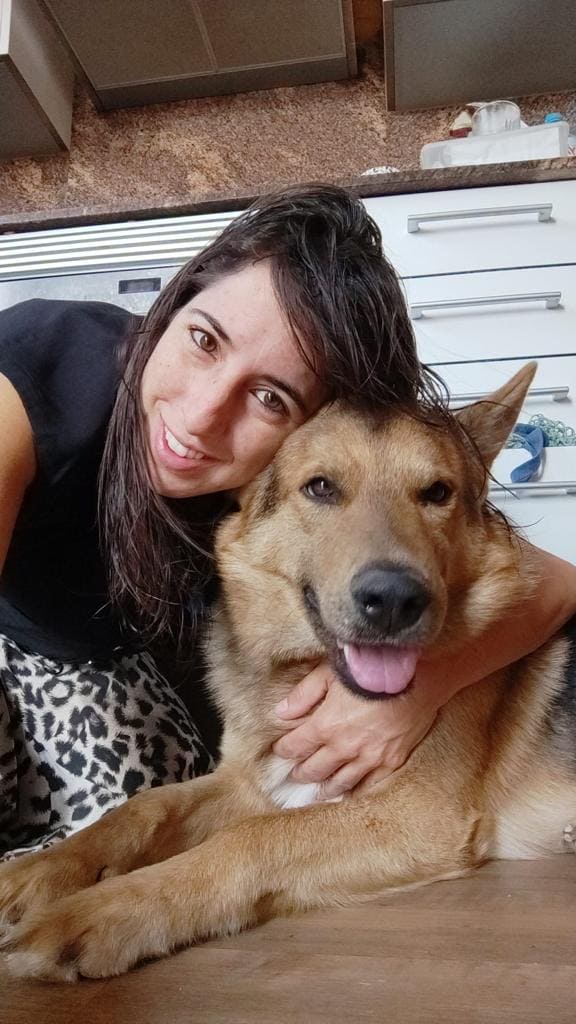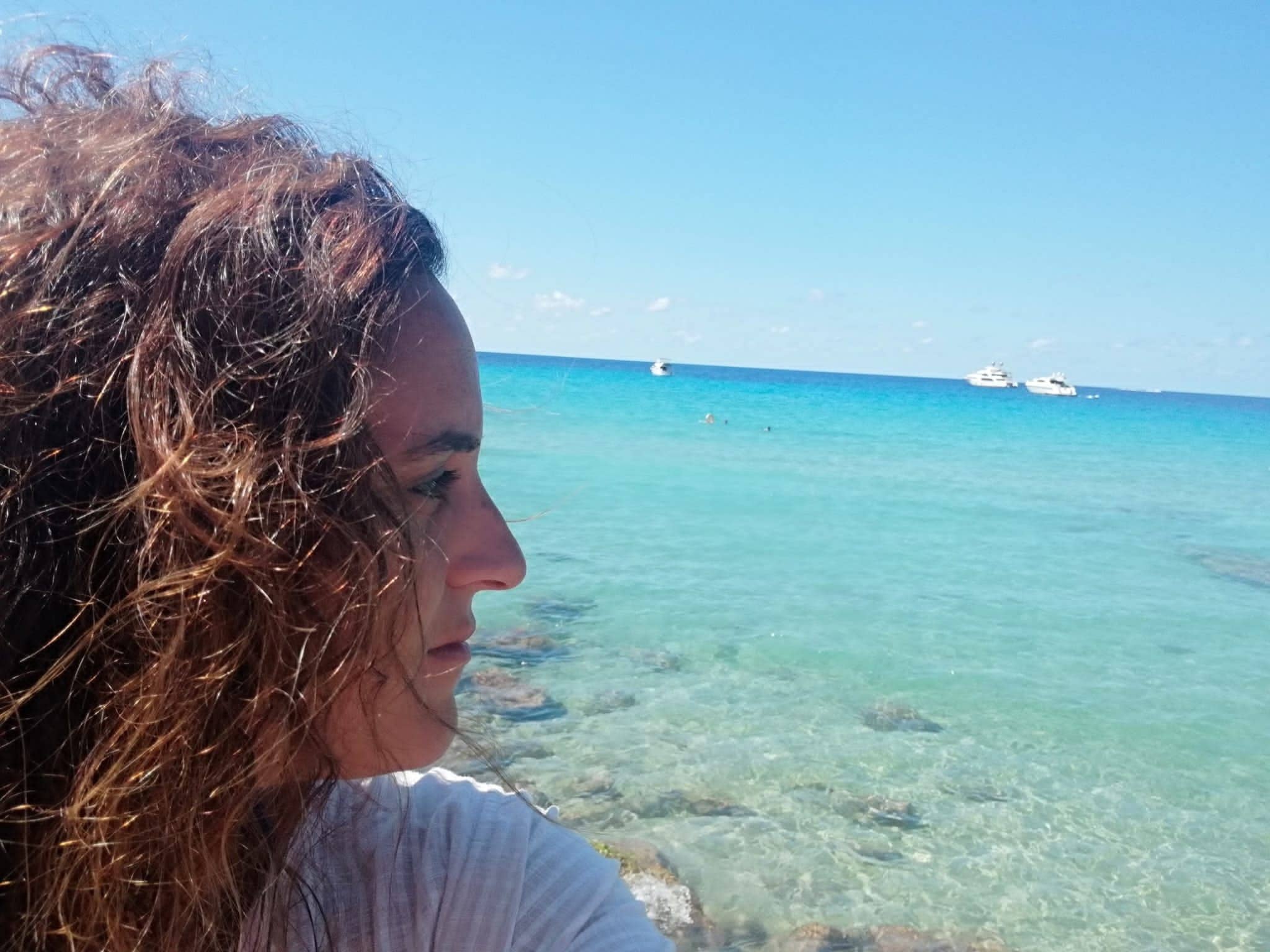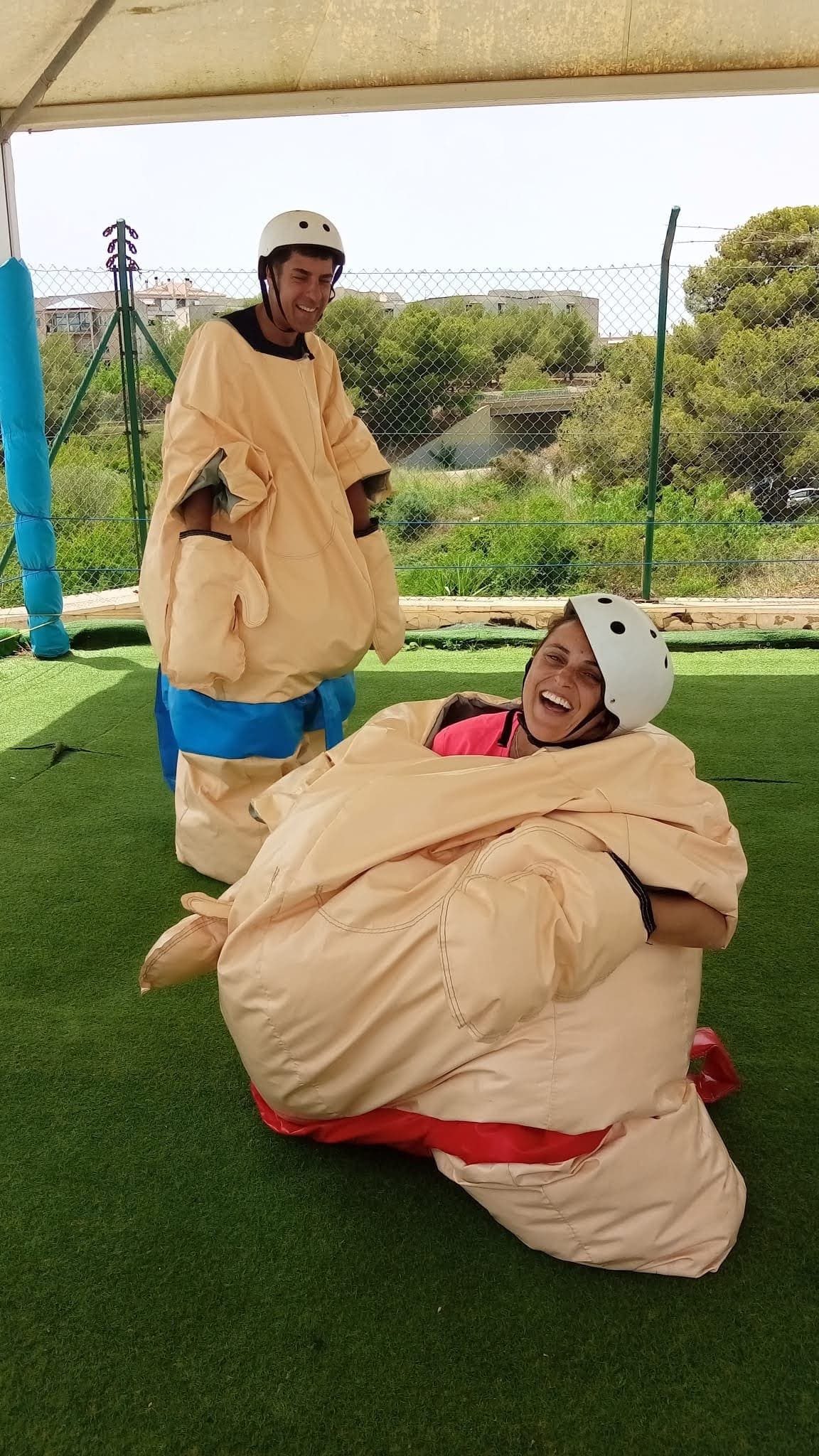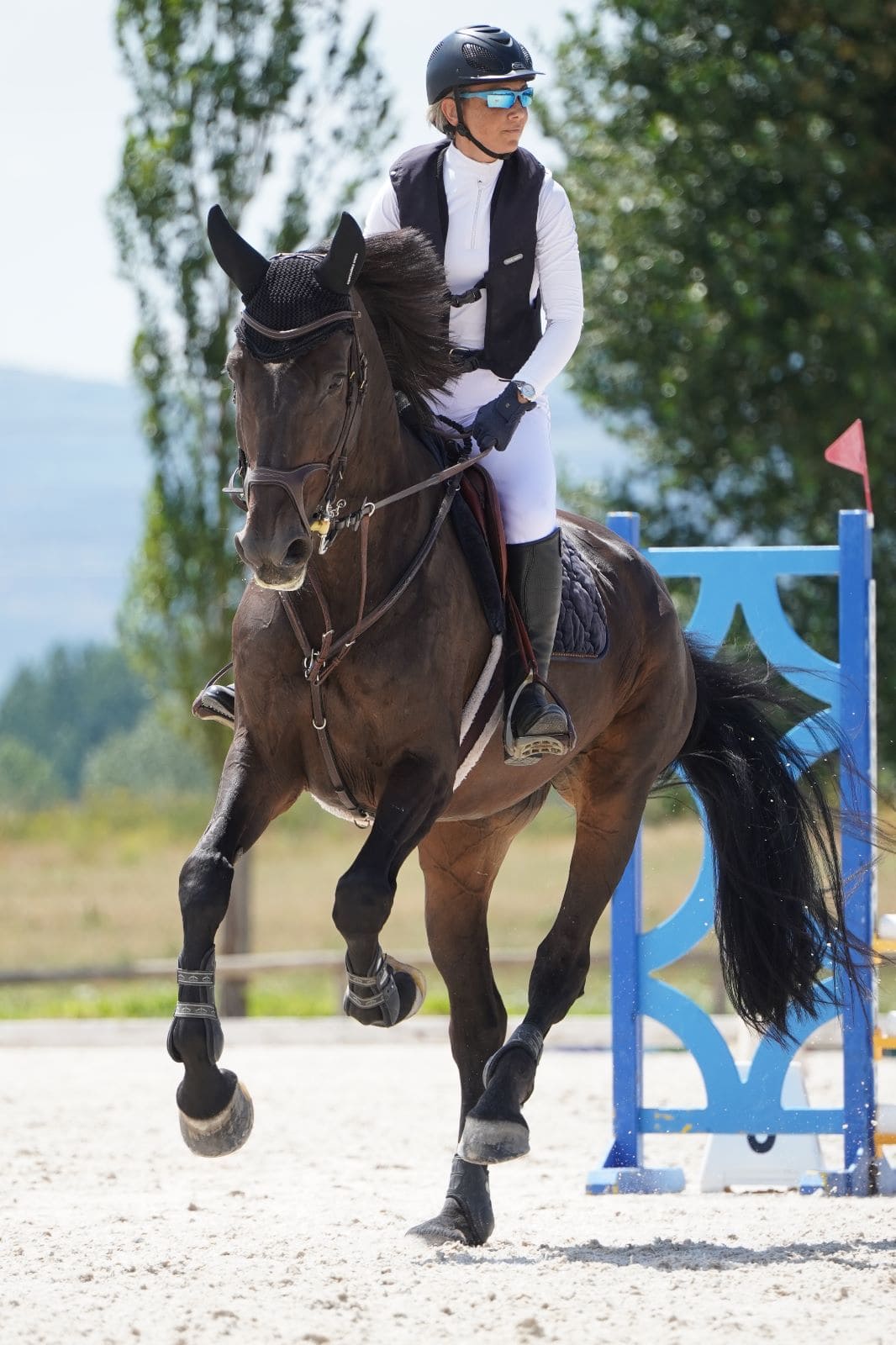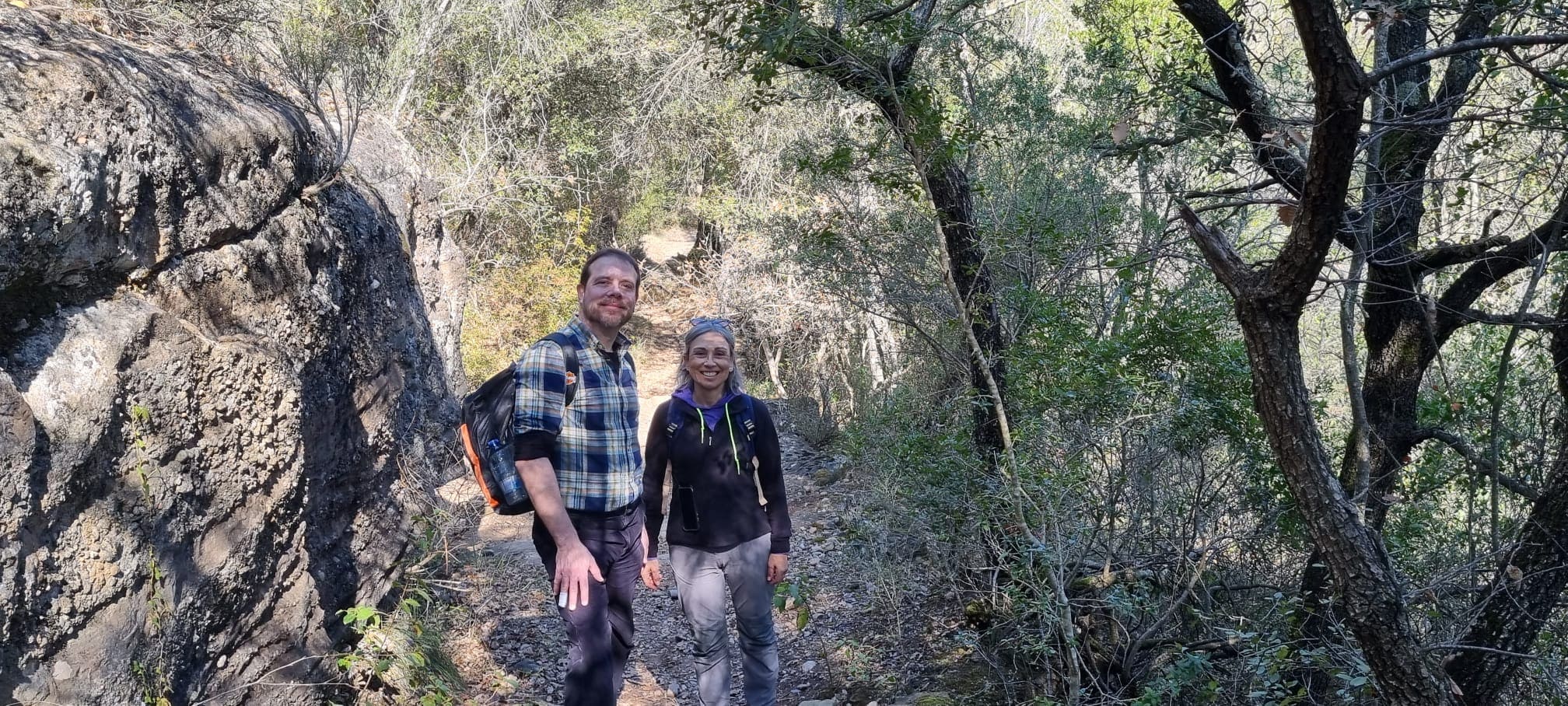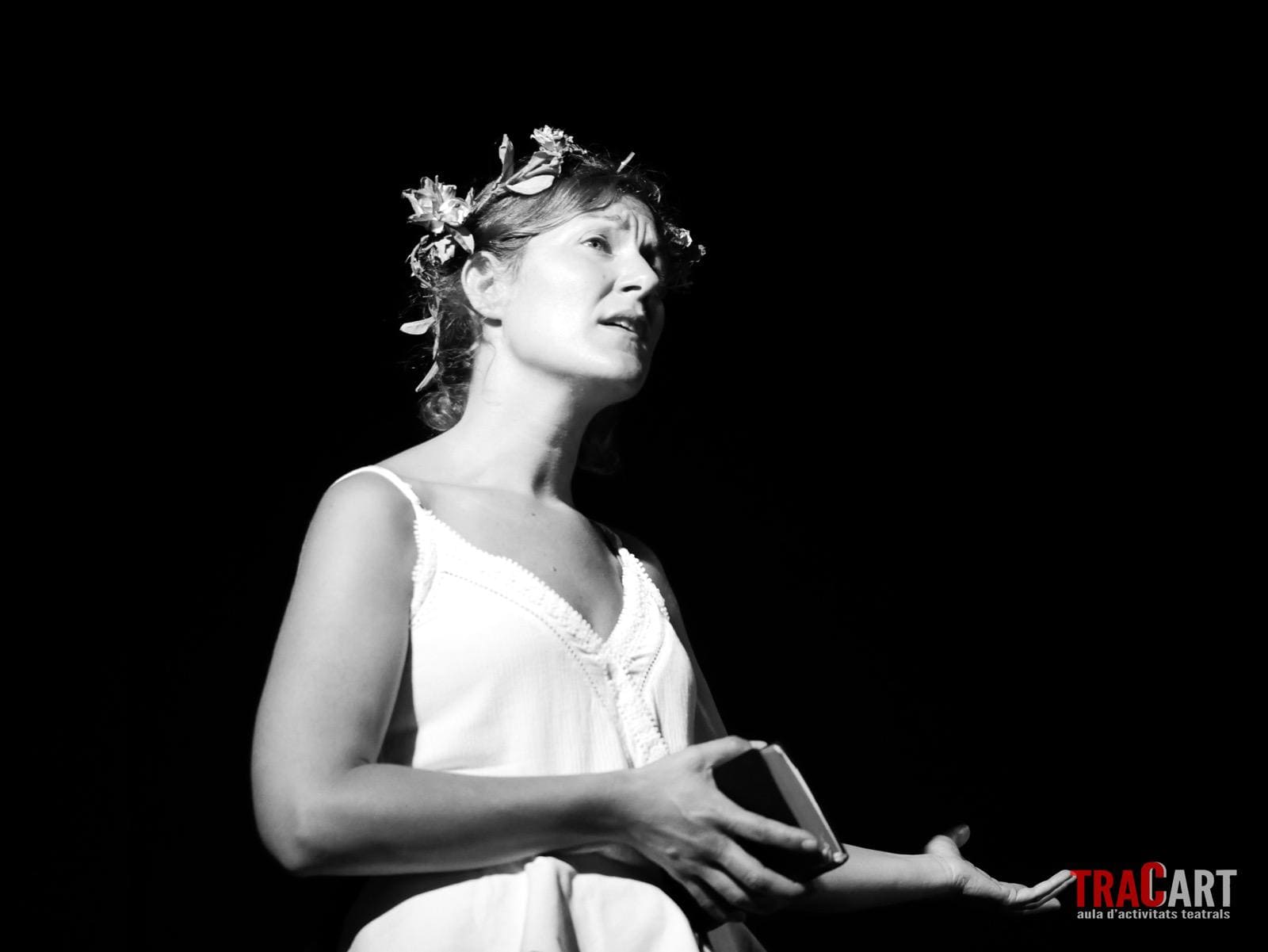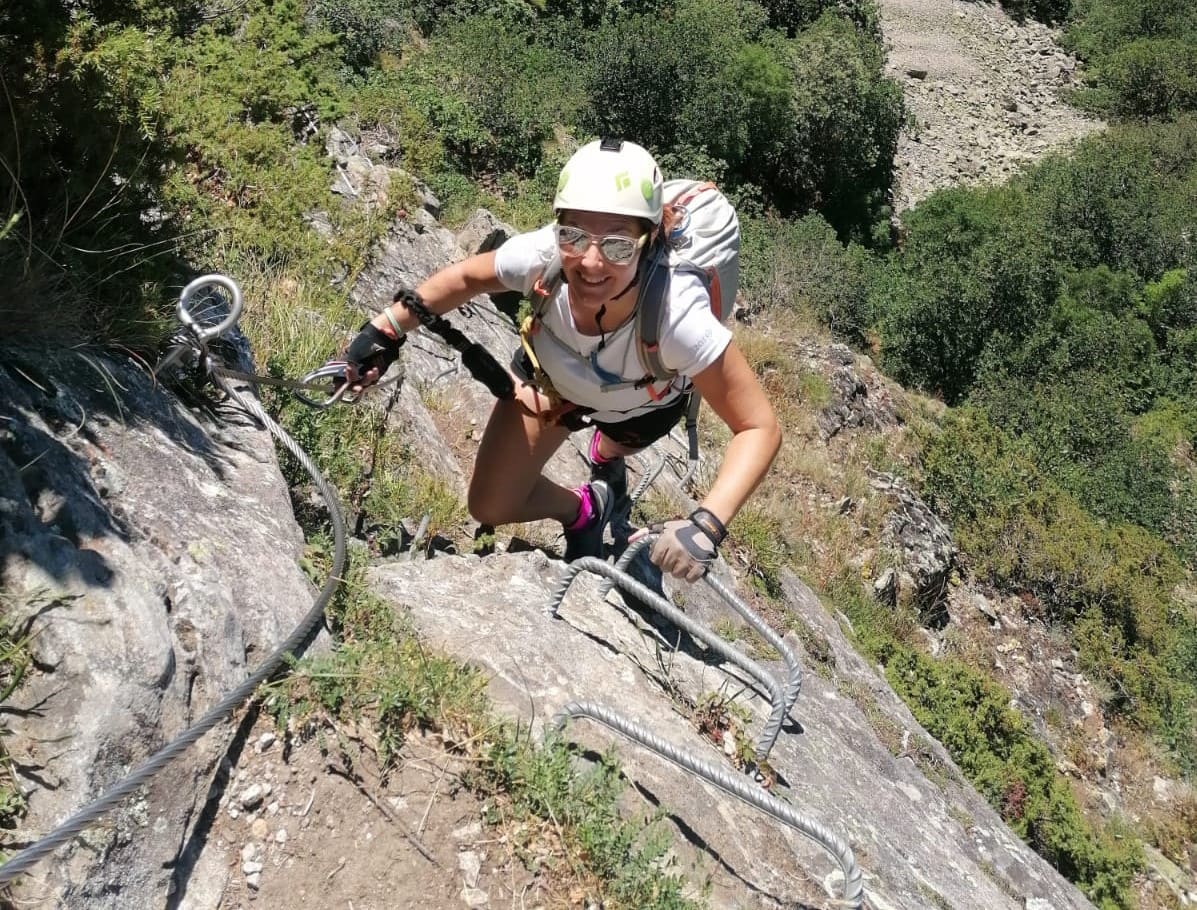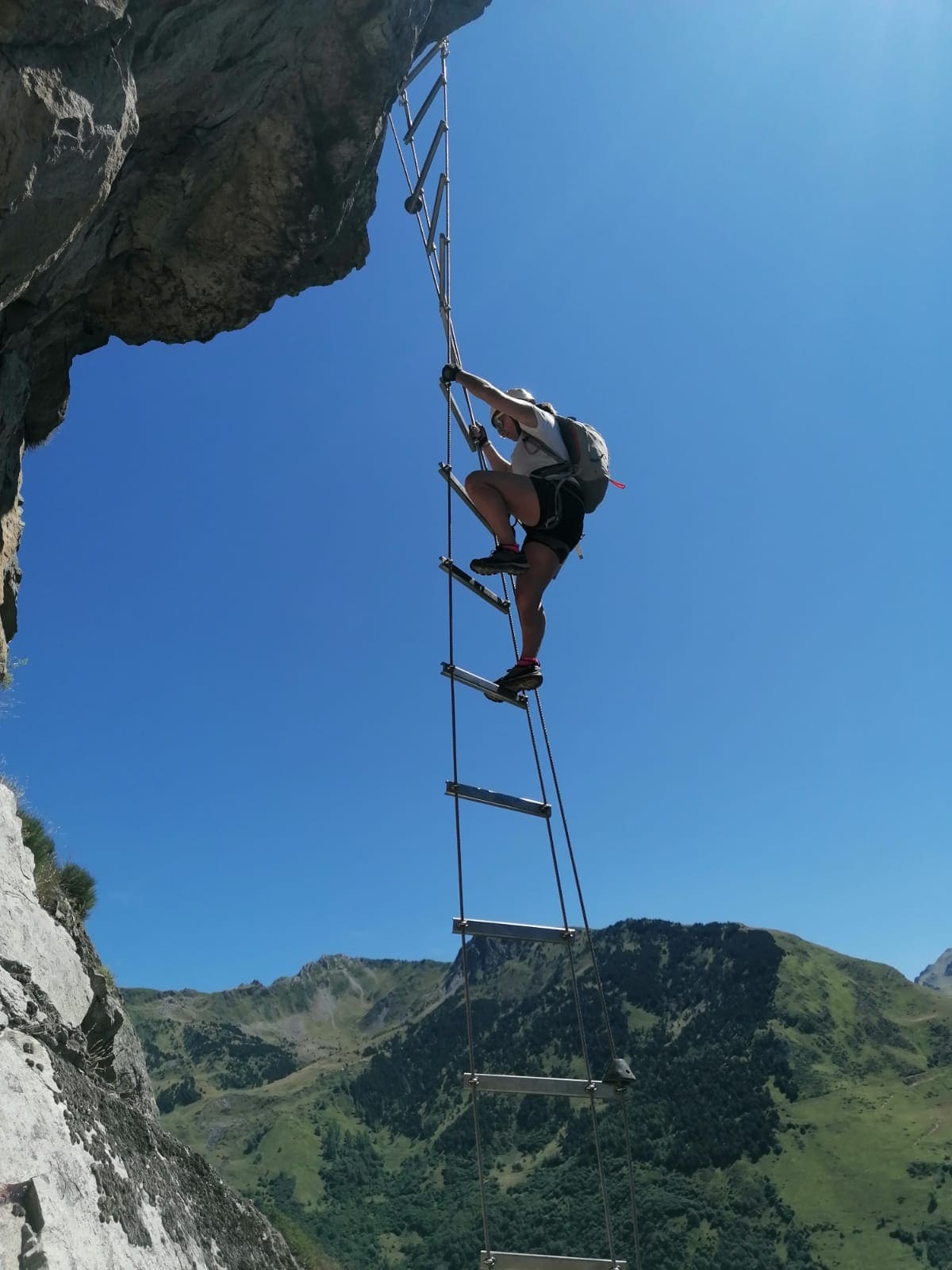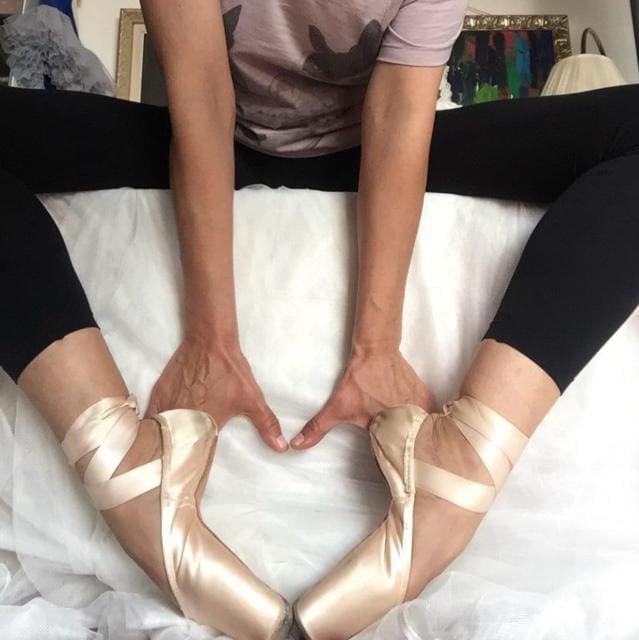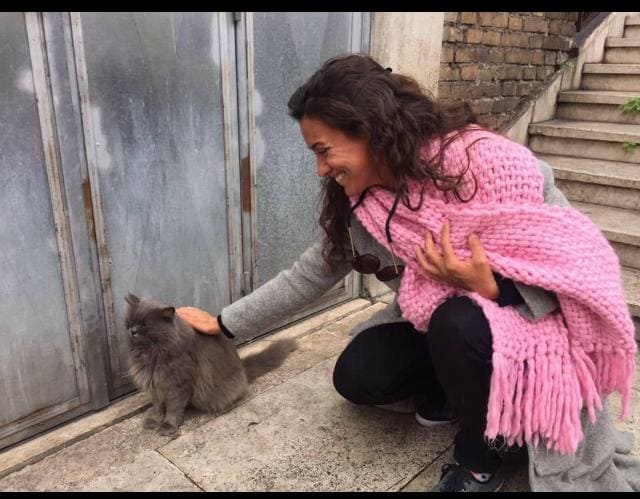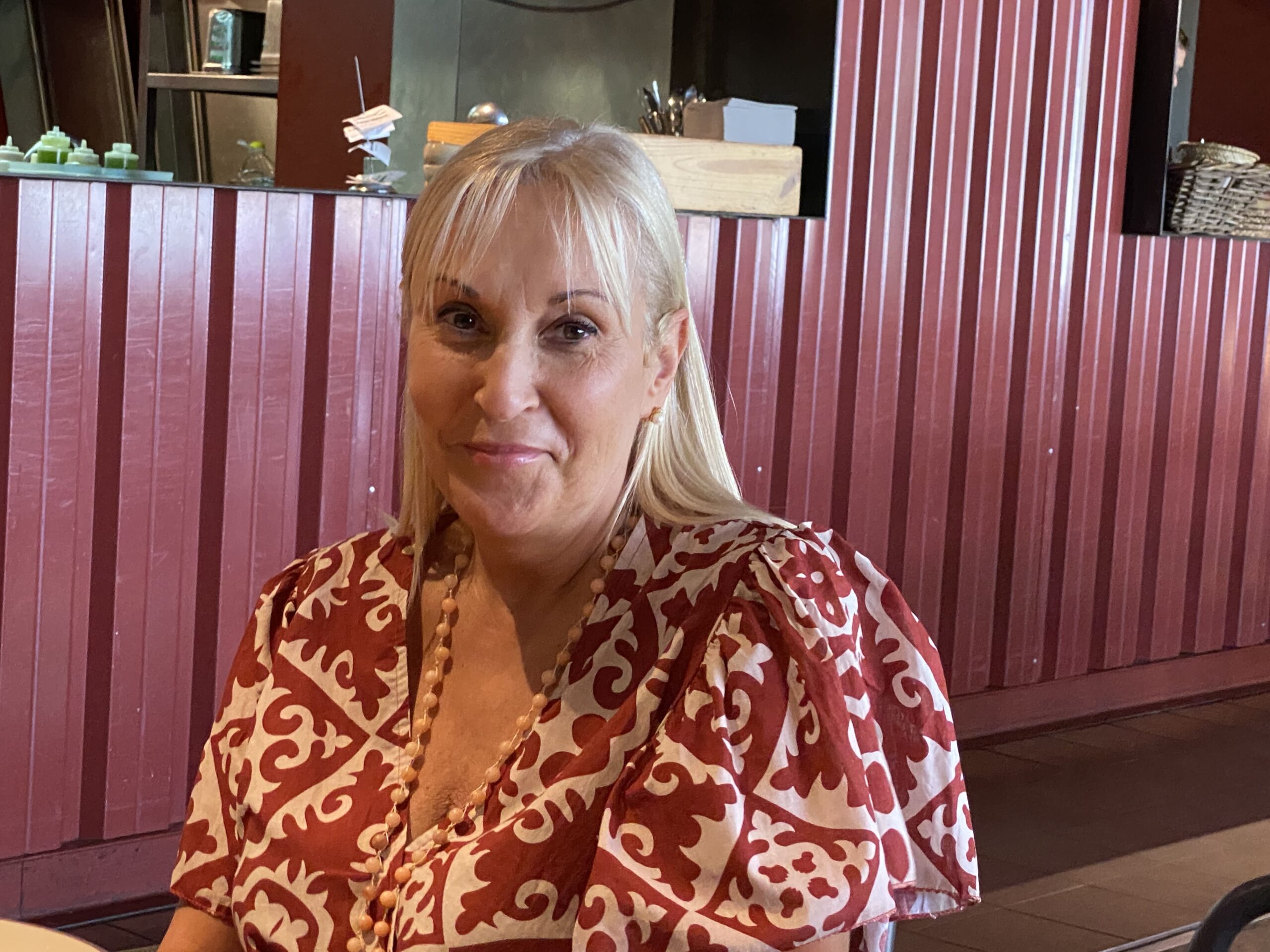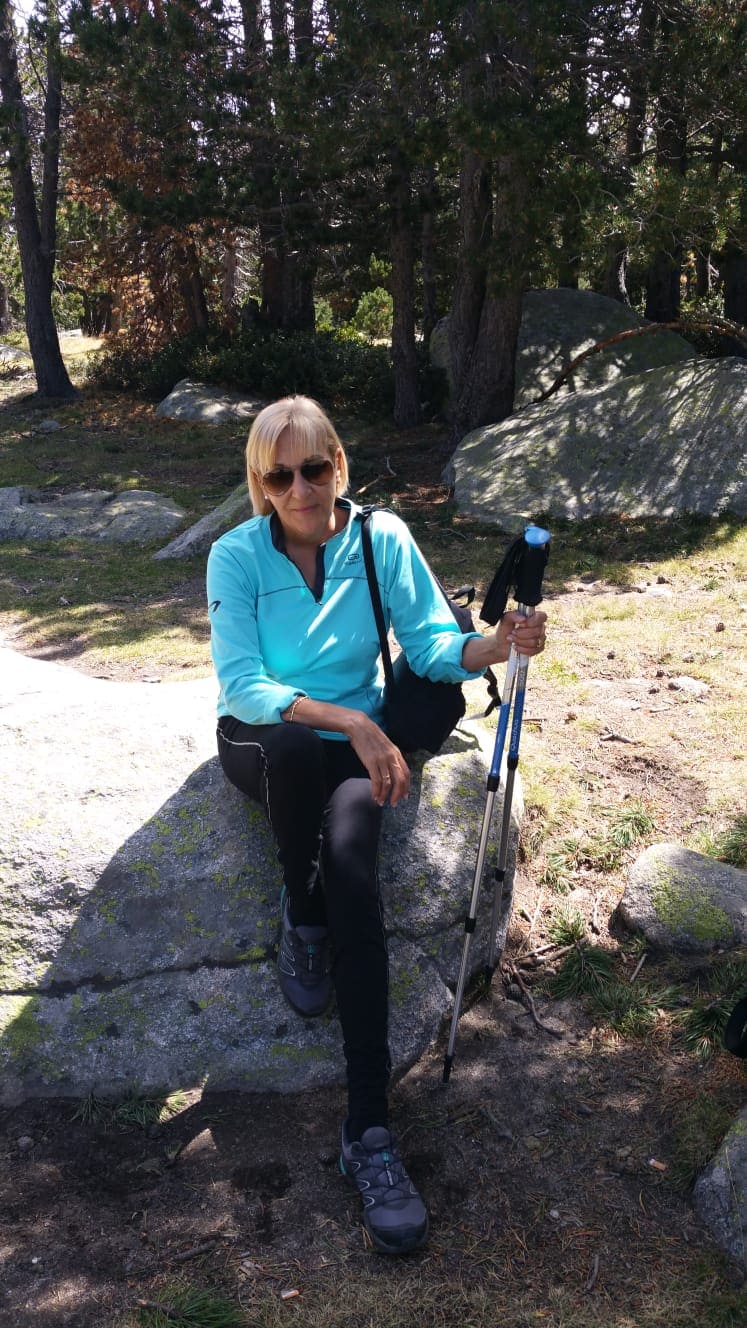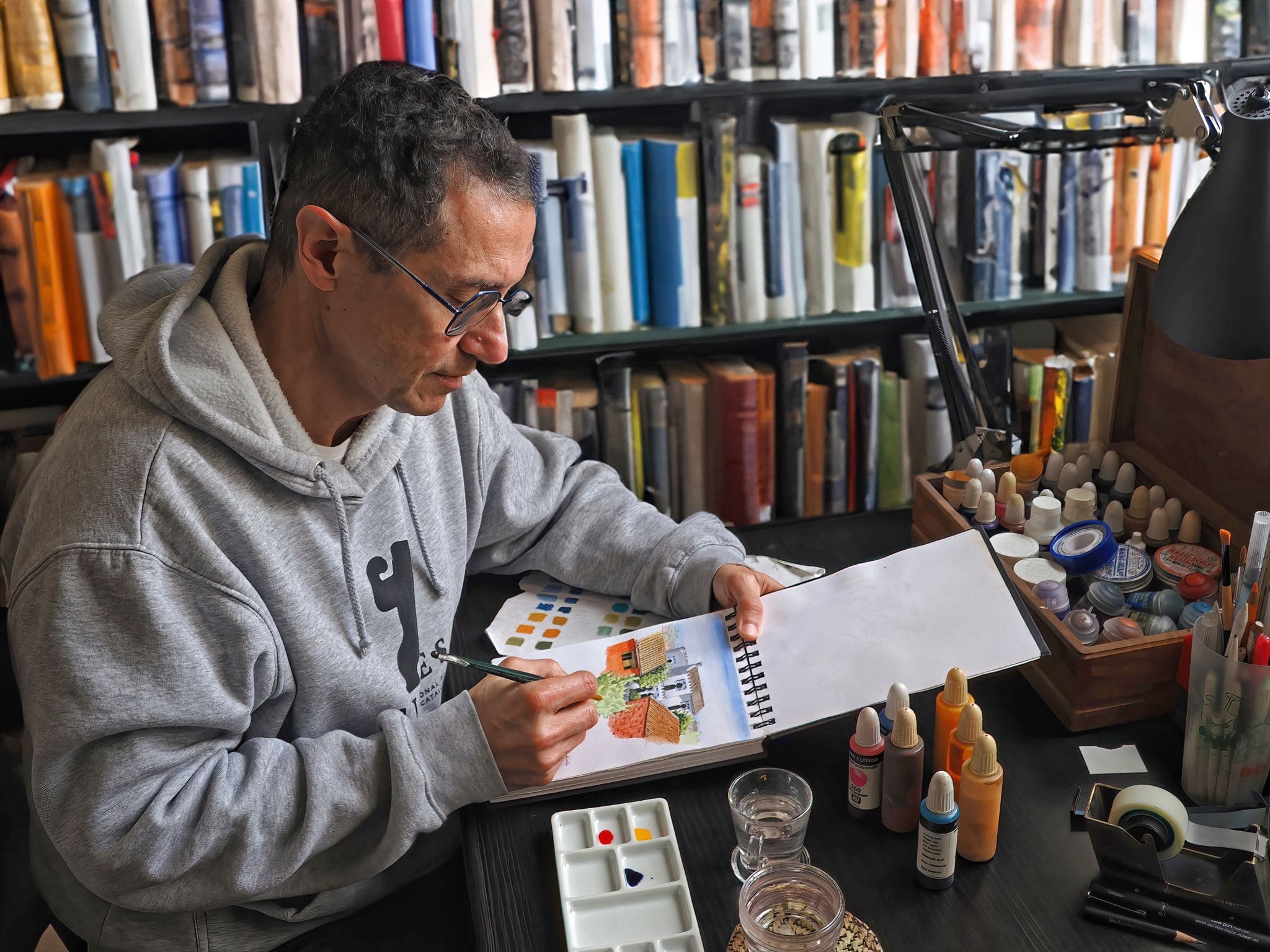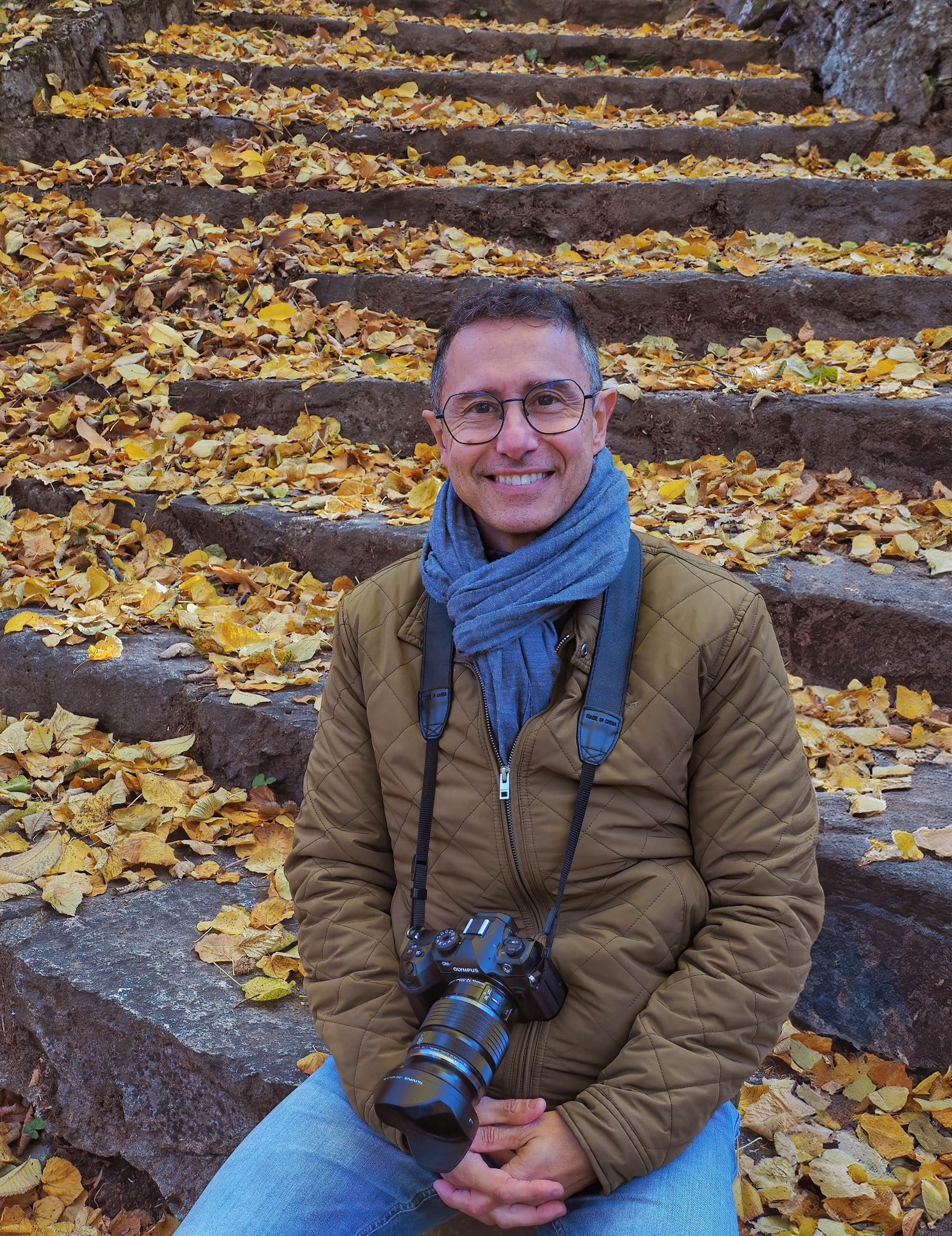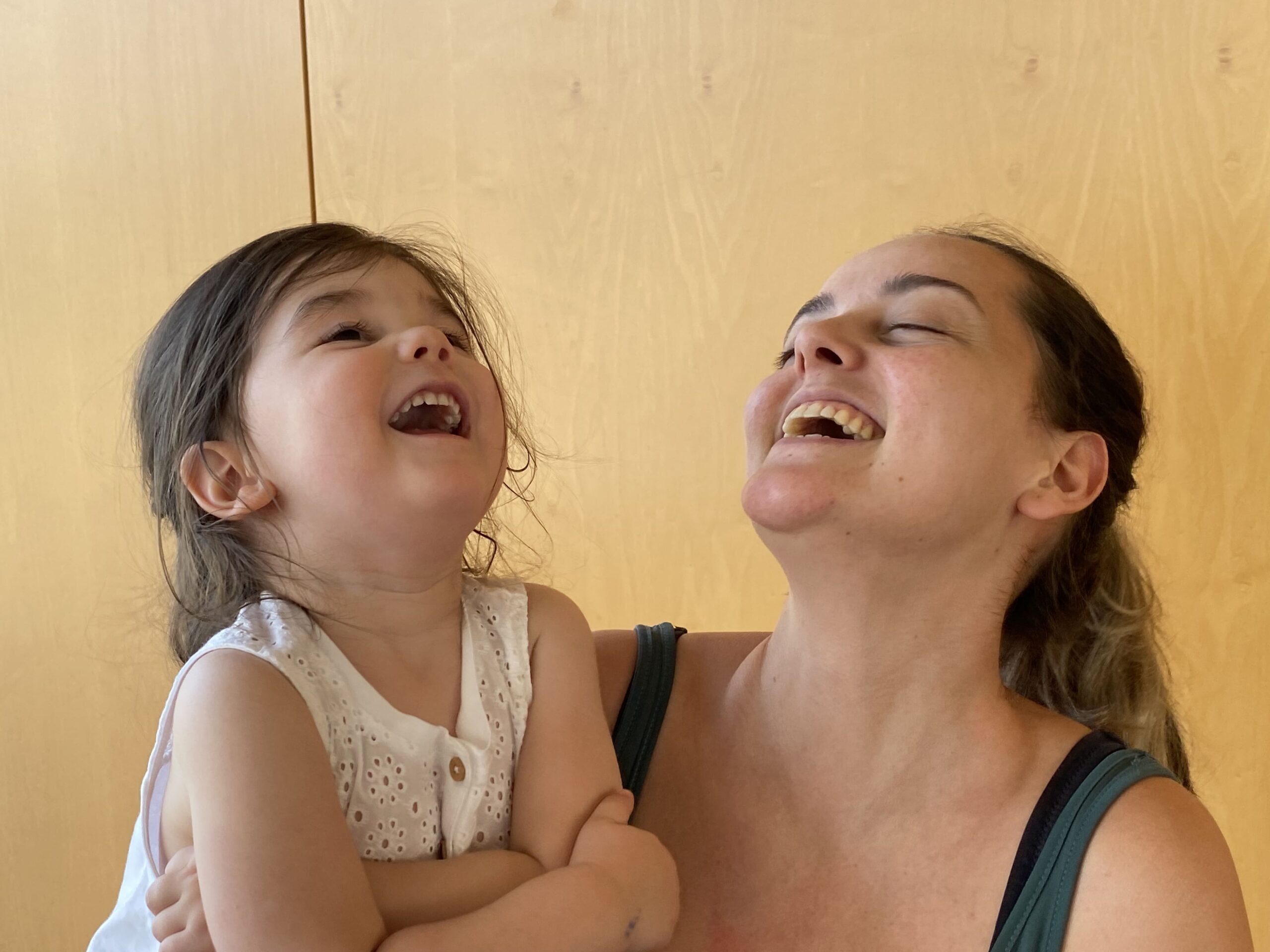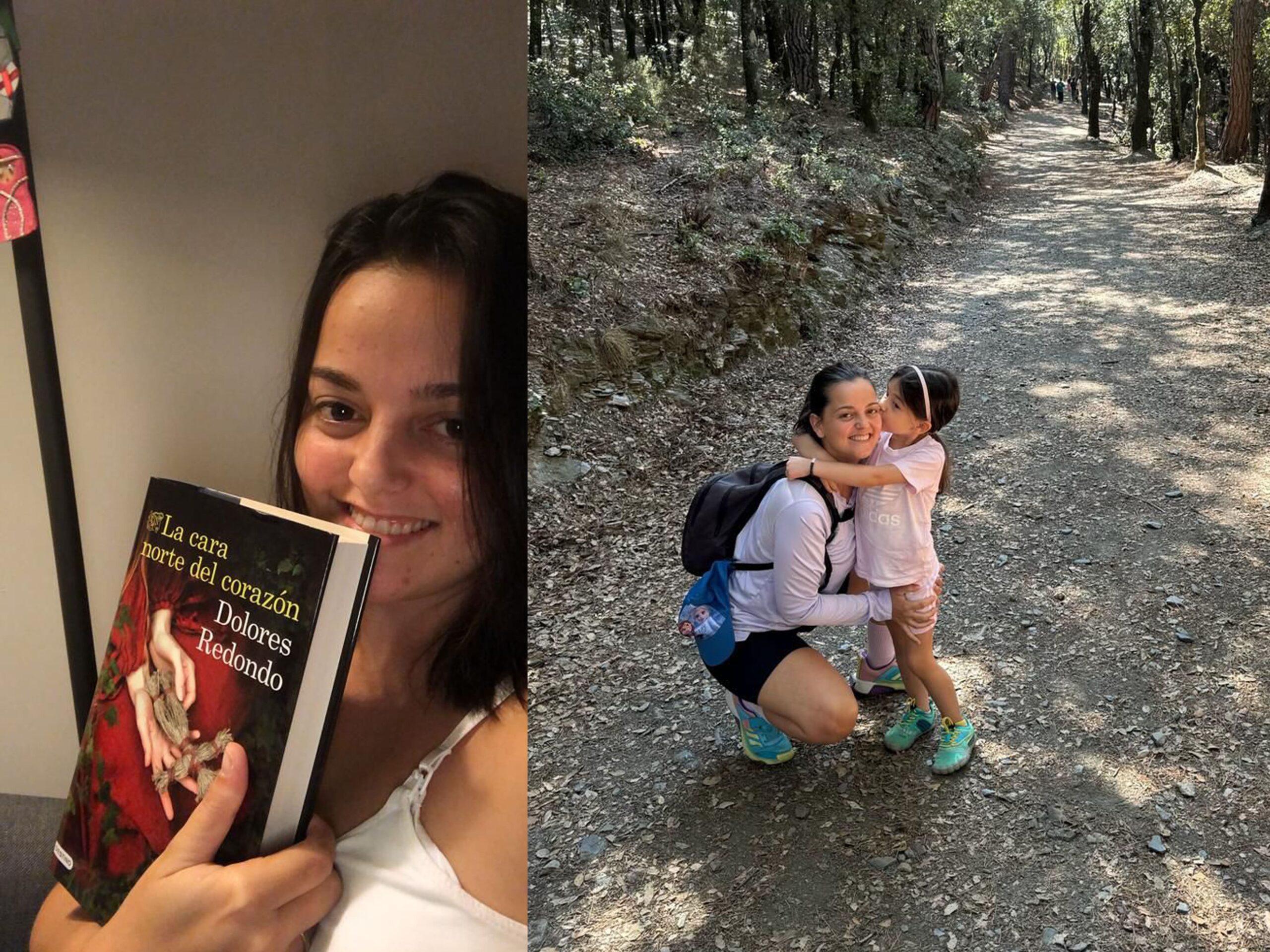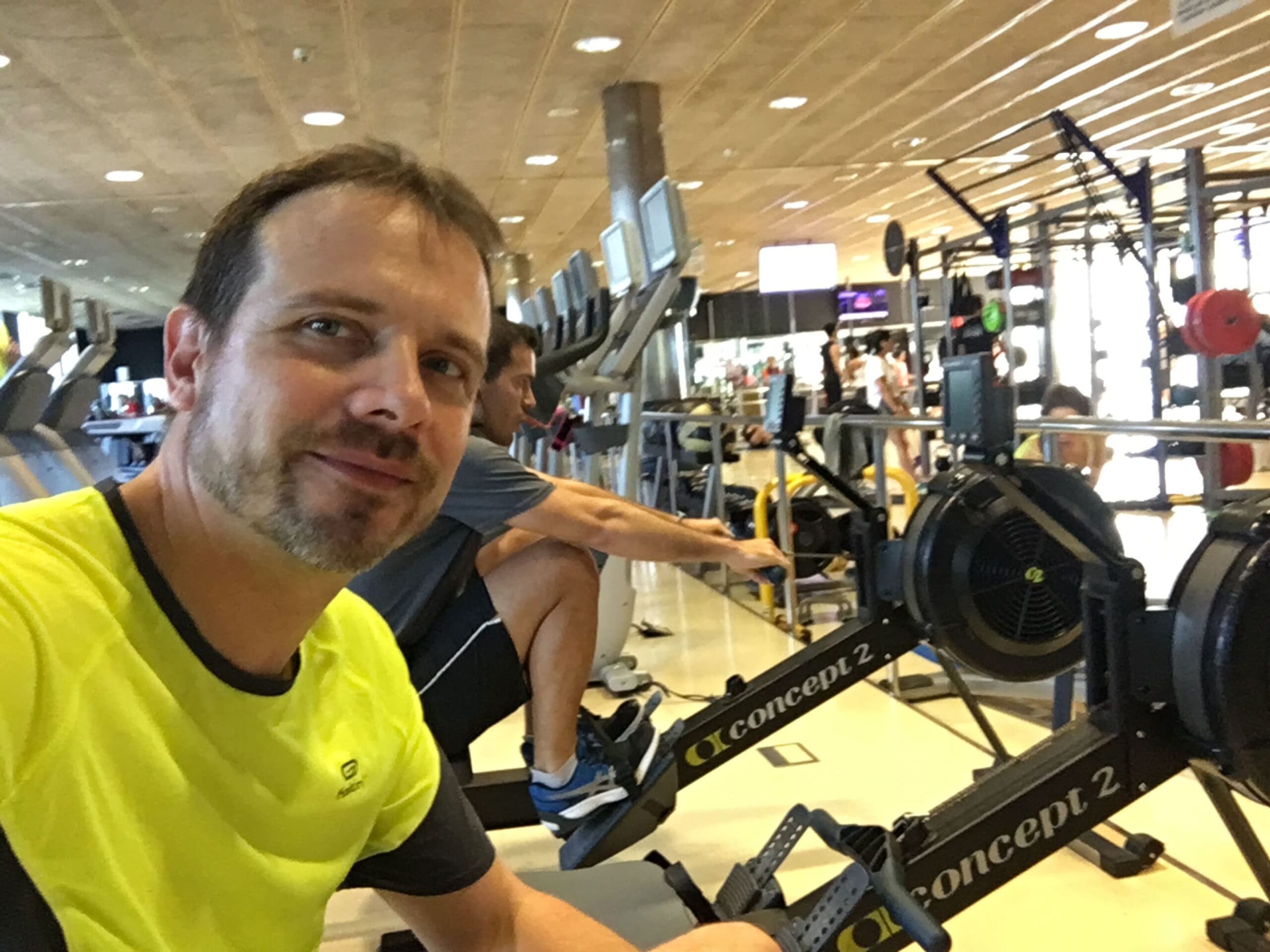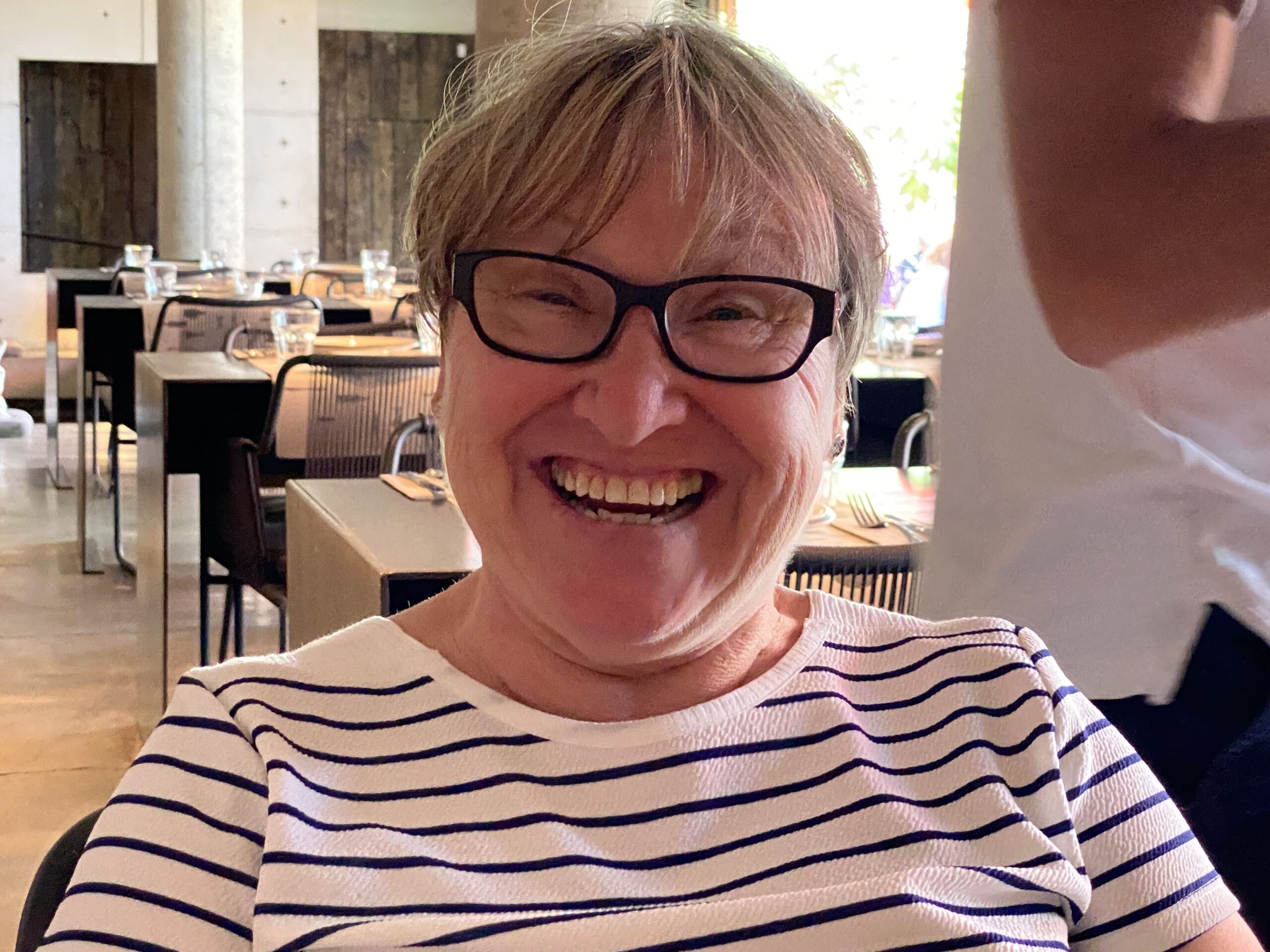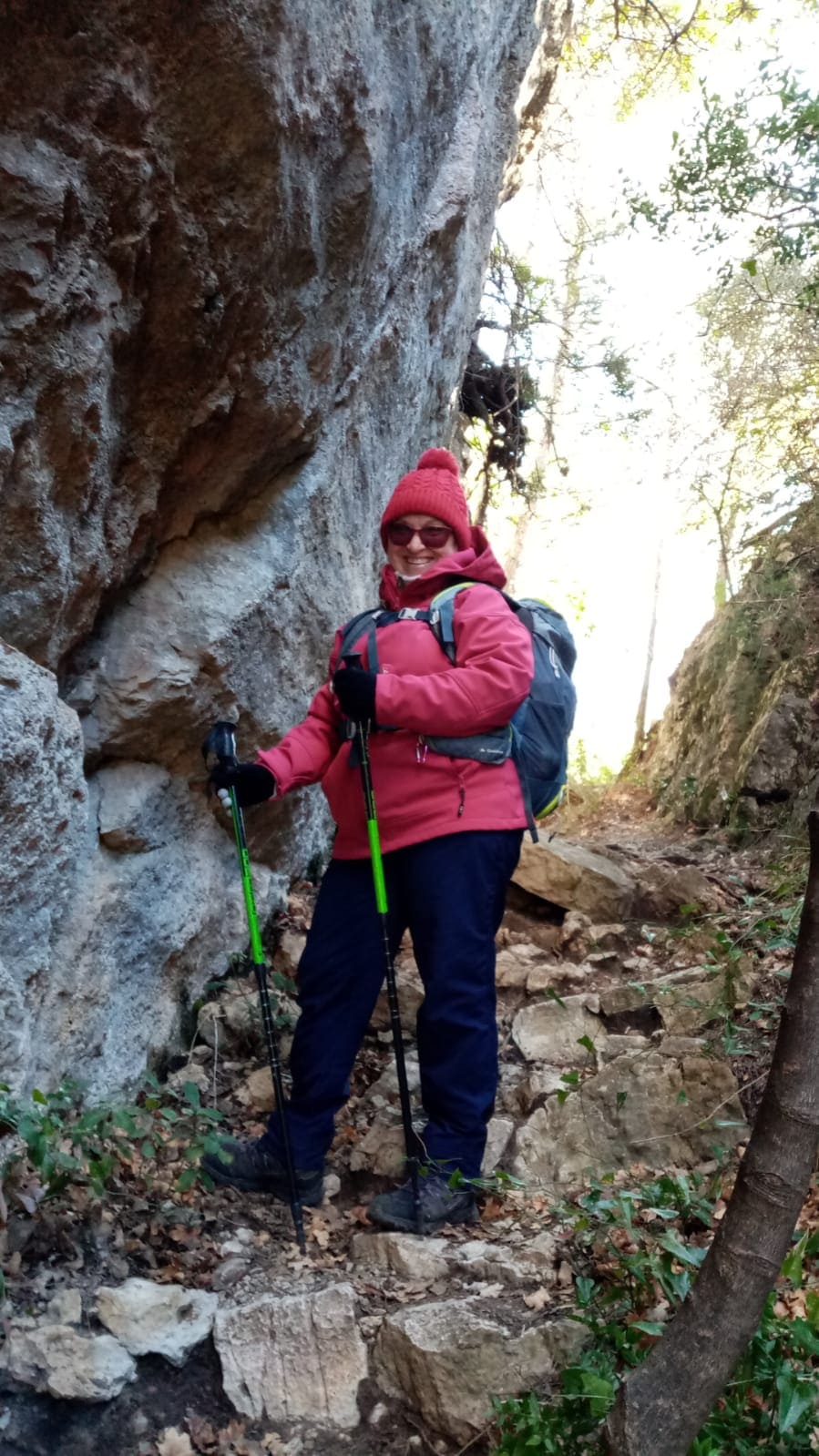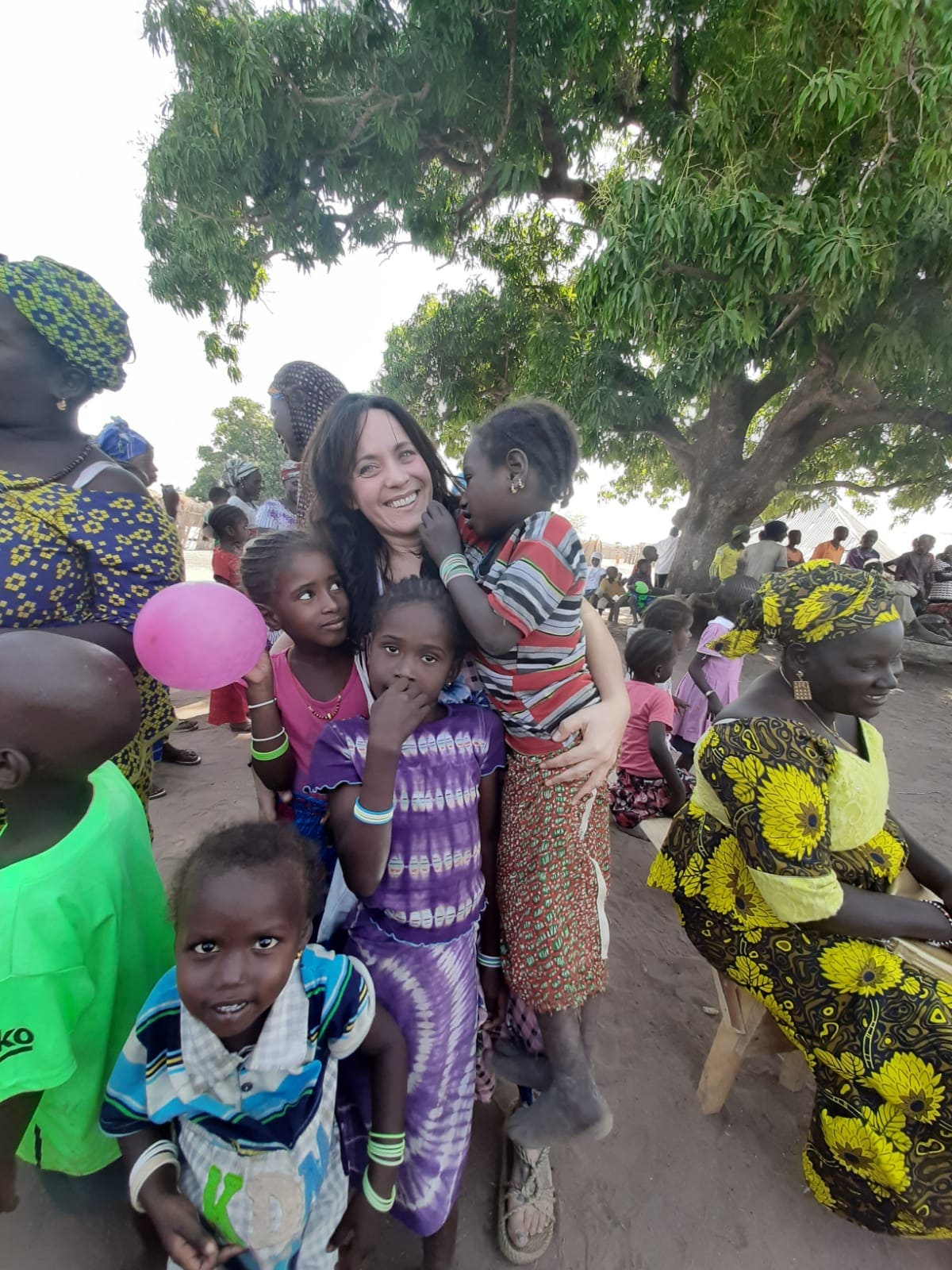Do you suffer from headaches, backaches, neck pains, or tinnitus?
The origin could be in the way your teeth fit!
25% of the adult population suffer discomfort and disorders in different parts of the body without knowing that they could be caused by dental occlusion. That is, that many neck, back, head and ear pains have a close relationship with the way the upper and lower teeth articulate.
As you might expect, as long as you can not solve the real reason for these symptoms, they will not go away entirely. The impact of poor oral health on the general state of the person is becoming increasingly known. Although we do not usually perceive diseases of the mouth as potentially dangerous, they can complicate other pathological processes that we consider more important, such as cardiovascular diseases, diabetes, premature births in pregnant women, etc.
It has even been shown that there is a link between gum disease and poor sports performance. Pain, the consequent decrease in the quality of life and the level of well-being, as well as the existence of a greater or lesser degree of inflammation or even of localized infections has been demonstrated to affect the optimal development of the physical and intellectual activity.
Less well known is the influence exerted by the position and fit of the teeth on the posture, and its relevance in back pain or headache, migraines, earaches and tinnitus. Our bones, muscles, joints and ligaments are directly related to each other. Everyone should work in coordination so that we can carry out any action, such as talking, eating, swallowing, breathing, kissing or laughing. Small alterations in the position of the teeth can lead to serious muscular, osseous, vascular and postural problems.
For every inch the head moves forward, perhaps because of poor balance of muscle and bone, the
tension that supports the vertebral column increases by more than 16 lb, which affects several structures throughout the body. The massage and relaxation of the masticatory muscles almost immediately lead to a decrease in neck pain.
The joint of the jaw, which is the one that allows us to open and close the mouth, is almost certainly the most complex of the organism. During the mastication it supports very high loads, from 45 to 130 lb. In the case of the bruxists, who grind or clench the teeth, that load can ascend up to 550 lb of force. During the night, these patients can generate hundreds of high load cycles. That means hundreds of high-intensity muscle contractures. If we perform hundreds of contractions with the arm during the night, it is easy to imagine the consequences that would derive for the arm and the rest of the body.
The temporomandibular joint is the only one of the human body that can move in the three axes of space: we can open and close the mouth, move the jaw forward and back, and also move it to the sides. For this we have a complex system of muscles and tendons, as well as two menisci who must function in a coordinated way and can be seriously altered when abnormal muscle tensions arise due to stress, anxiety, bruxism and other factors.
When closing the mouth, the joint position is directly related to the way our teeth fit. The mandibular movements are determined by the musculature, which learns where the jaw should lead so that when biting the upper and lower teeth, they match at the most effective way to chew. This position, however, does not have to coincide with the optimum position for joint activity. In fact, in many people the position of maximum dental contact is injurious to the joint structures.
This explains that many muscle aches, headache, migraines, tinnitus, back pain or even neurological disorders can originate in the mouth.
If you suffer from any of these problems, our experts can study your case and evaluate the best solution. We put at your disposal the most modern techniques and specialized technologies (deprogrammers, sequential repositioning plates, digital computarized Tekscan analysis for teeth adjustment, specialized physiotherapy, posture analysis, neural therapy, etc.).
Ask for your appointment by calling us on the phone 93.329.18.95 or request us a visit through our web form.

